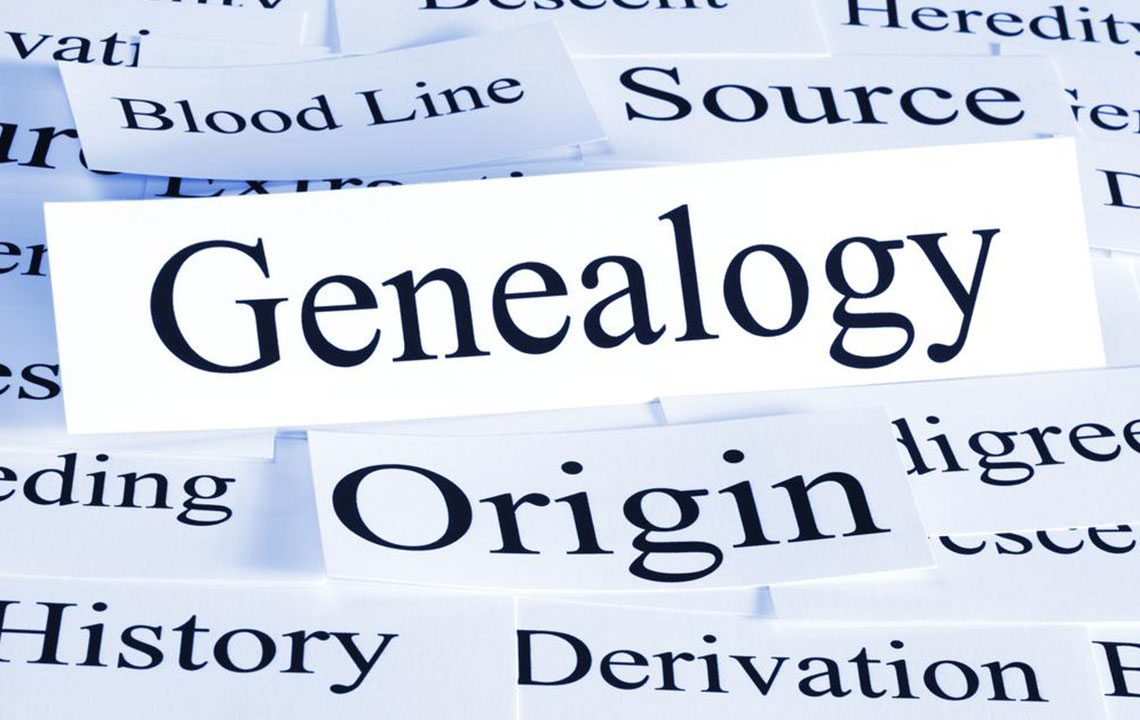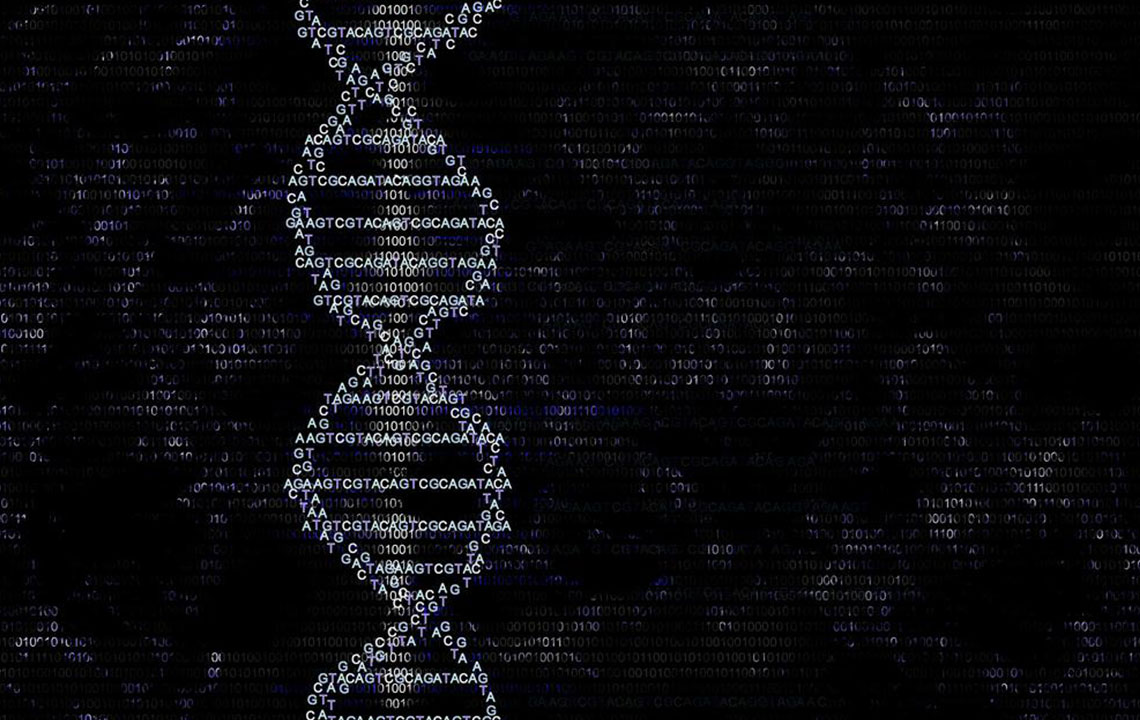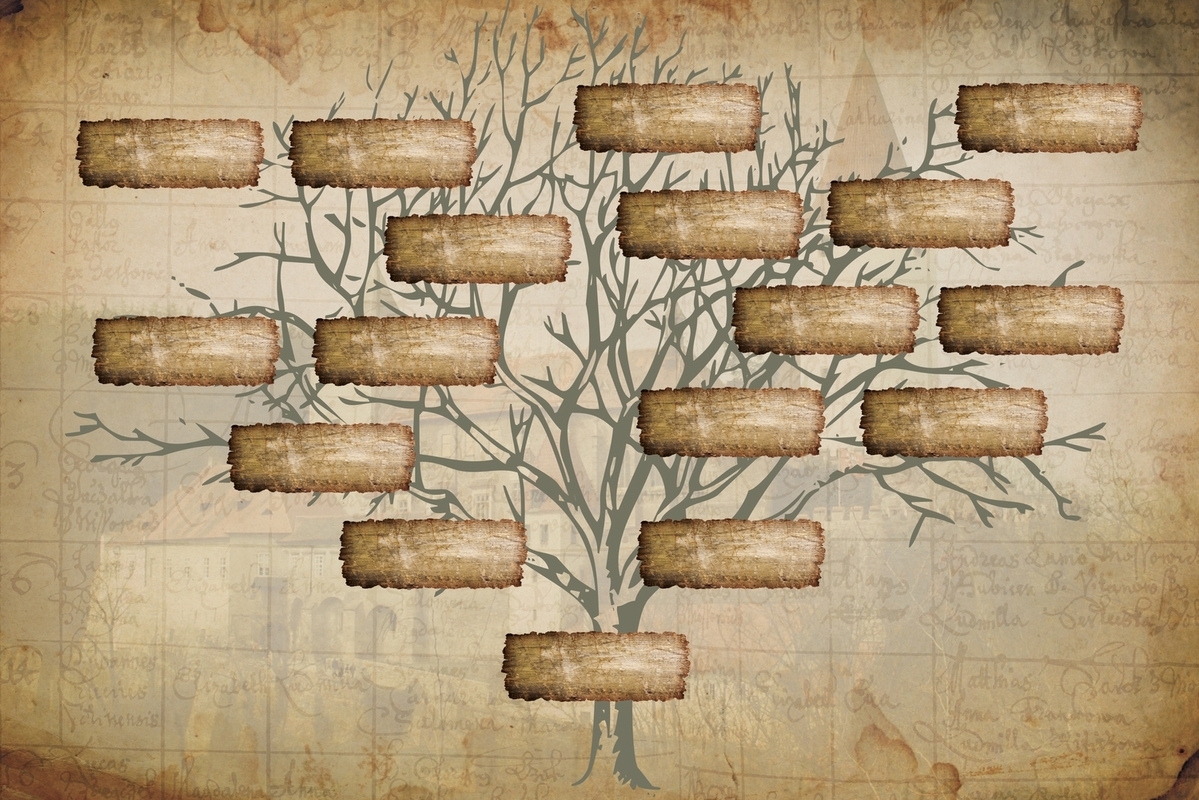Comprehensive Guide to Accessing Court Records for Genealogical Research
This comprehensive guide explores how to access court records for genealogy research, detailing the types of records available, the best methods for obtaining them at local courthouses or online, and how these documents can aid in tracing family history. Whether researching adoption, divorce, naturalization, or probate cases, the article provides practical tips and legal considerations, emphasizing the importance of court records in building a detailed family tree and resolving family mysteries with reliable, verifiable information.

Comprehensive Guide to Accessing Court Records for Genealogical Research
Embarking on a journey to uncover your family history often involves delving into a variety of historical records. Among these, court records stand out as one of the most reliable and detailed sources of genealogical information. They can provide insights into your ancestors' lives, including important details such as residences, occupations, family relationships, and legal events. While oral histories and family stories may sometimes be inaccurate or incomplete, official court documentation offers verifiable evidence that can greatly enhance the accuracy of your family tree. This comprehensive guide explores how to access these valuable records, where to find them, and the types of information you can obtain from different court documents.
For genealogists, historians, or anyone interested in family research, court records are indispensable resources that help fill in the missing gaps of family history. These records can be obtained through county courthouses, state archives, or online databases. Some records might require a small service fee, or a formal application process, but the information gained can be invaluable. From adoption files and divorce decrees to naturalization documents, probate files, and legal case records, court documents contain a wealth of genealogical information. Accessing these records often involves visiting local courthouses or contacting relevant government agencies, but many records are now digitized and available through online portals for added convenience.
Understanding the different types of court records and the procedures to access them is crucial for successful genealogical research. Adoption records, for example, often contain information about birth parents and their biological children. However, such records are typically sealed for privacy reasons and require a court order or legal authorization for access. Divorce records generally include the names of both parties, dates of separation, and reasons for divorce. These records can often be retrieved through formal requests submitted to the court clerk’s office. Naturalization records document your ancestors’ journey to citizenship and can include detailed immigration information, which is accessible through the U.S. Citizenship and Immigration Services (USCIS) or local courts. Probate records reveal how an estate was managed after death, including details about heirs, assets, and estate distributions. For legal cases, including criminal, civil, or family law matters, case files, minutes, and court orders are stored at local court facilities and can provide comprehensive insights into your ancestors’ legal lives.
Initiating your research at a local courthouse is often the best first step. Many jurisdictions have the records digitized and accessible online, making it easier for distant genealogists to access critical information without physically visiting the courthouse. When visiting in person, contacting the court clerk or records office beforehand can help streamline the process. Be prepared to provide specific details such as names, dates, and case numbers to facilitate your search. Moreover, understanding privacy laws and restrictions on certain sensitive records—like adoption and juvenile cases—is essential to ensure proper handling of your requests. Overall, court records serve as a cornerstone for comprehensive genealogical research, enabling you to piece together a vivid picture of your family’s history and uncover stories that have been hidden for generations.





